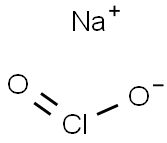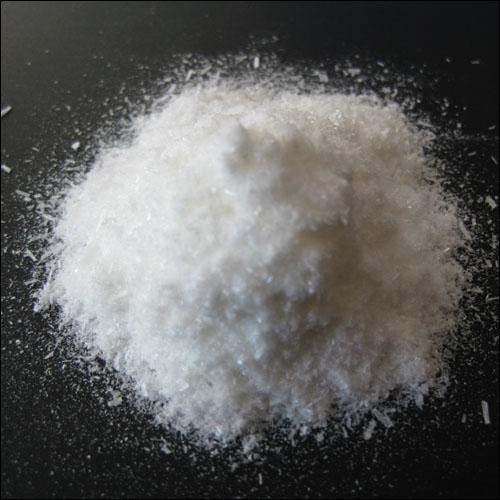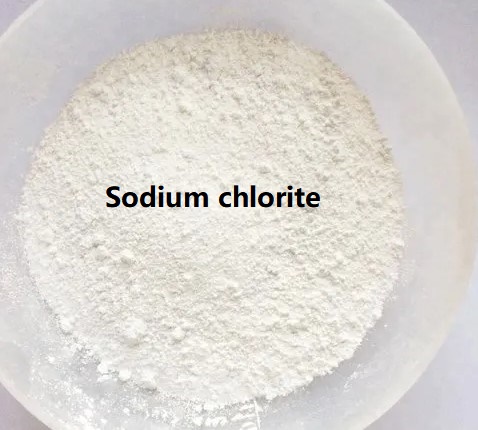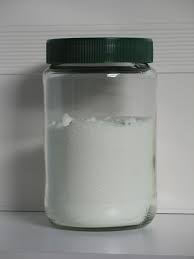Sodium Chlorite: Can It Be Used as Medicine?
What’s sodium chlorite?
Sodium chlorite — also referred to as chlorous acid, sodium salt textone, and Miracle Mineral Solution — is composed of sodium (Na), chlorine (Cl), and oxygen (O2).
It isn’t the same as sodium chloride
Don’t confuse sodium chlorite with sodium chloride. Sodium chloride (NaCl) is also called table salt. Sodium chloride is used for many things, but it’s typically thought of as a seasoning and food preservative. Sodium chlorite (NaClO2) is typically found in an industrial setting as a bleach and a disinfectant.
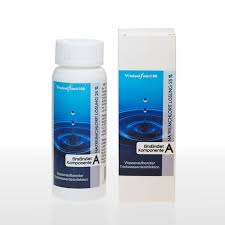
How’s sodium chlorite used?
Sodium chlorite is marketed to both consumers and industries for various uses. Some consumer uses of sodium chlorite include:
water treatment and purification
surface cleaner for areas of food preparation
antimicrobial treatment for food, especially seafood
Larger concentrations of sodium chlorite are commonly used for industrial purposes, such as:
bleaching and stripping of textiles, pulp, and paper
sterilizing agent used in water treatment plants
Are there any health benefits to sodium chlorite?
Sodium chlorite has been promoted as a health supplement and a treatment for various illnesses, such as:
common cold
arthritis
HIV
malaria
cancer
hepatitis
amyotrophic lateral sclerosis (ALS)
While there are anecdotal reports from people who claim to have experienced medical relief by ingesting sodium chlorite solutions, there’s no reliable scientific evidence showing a benefit.
The Food and Drug Administration hasn’t evaluated or approved sodium chlorite for health purposes.
Promoted health benefits
Despite the lack of evidence supporting the use of sodium chlorite as a medication, some continue to support this chemical as a form of alternative medicine. Of these supporters, people with ALS — also known as Lou Gehrig’s disease — report the most positive benefits from sodium chlorite.
ALS is a rare neurological disease that progressively leads to:
muscle weakness
impaired motor function
muscle cramps
slurred speech
Eventually this condition can shut down vital parts of the body. Only 10 percent of people with this condition live for longer than 10 years following diagnosis.
People with ALS who use sodium chlorite report positive benefits, including:
increased muscle activity
clearer speech
slowed rate of ALS progression
improved flexibility
improved motor functions, balance, and speed of movement
Sodium chlorite received approval in the European Union as an “orphan drug” in the treatment of ALS. These drugs are usually used for rare conditions and don’t always require proven safety and effectiveness.
A small number of studies have evaluated sodium chlorite in people with ALS, but the results are too preliminary to know if it’s beneficial.
Is it safe to ingest sodium chlorite?
In small doses, sodium chlorite may be safe, but it hasn’t been officially evaluated through scientific research.
However, ingesting sodium chlorite as a form of alternative medicine for extended periods of time or in larger dosages is unsafe and can cause a variety of symptoms, including:
fatigue
diarrhea
headache
nausea
excess saliva
insomnia
dehydration
lowered blood pressure
In addition to these symptoms, there are more serious health problems that healthcare providers warn may result from use of this chemical, such as:
worsening of ALS
skin burns
nosebleeds
hoarse throat
coughing
bronchitis
shortness of breath
In high concentrations, sodium chlorite is typically used as a bleach and a disinfectant. Direct exposure to this chemical can result in:
chemical burns
breathing problems
eye damage
You may like
Related articles And Qustion
Lastest Price from Sodium chlorite manufacturers
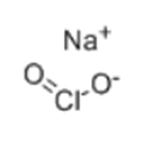
US $658.00-585.00/ton2025-03-07
- CAS:
- 7758-19-2
- Min. Order:
- 1ton
- Purity:
- 99%
- Supply Ability:
- 5000ton
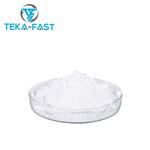
US $0.00/KG2025-03-05
- CAS:
- 7758-19-2
- Min. Order:
- 1KG
- Purity:
- 80
- Supply Ability:
- 200 MT
